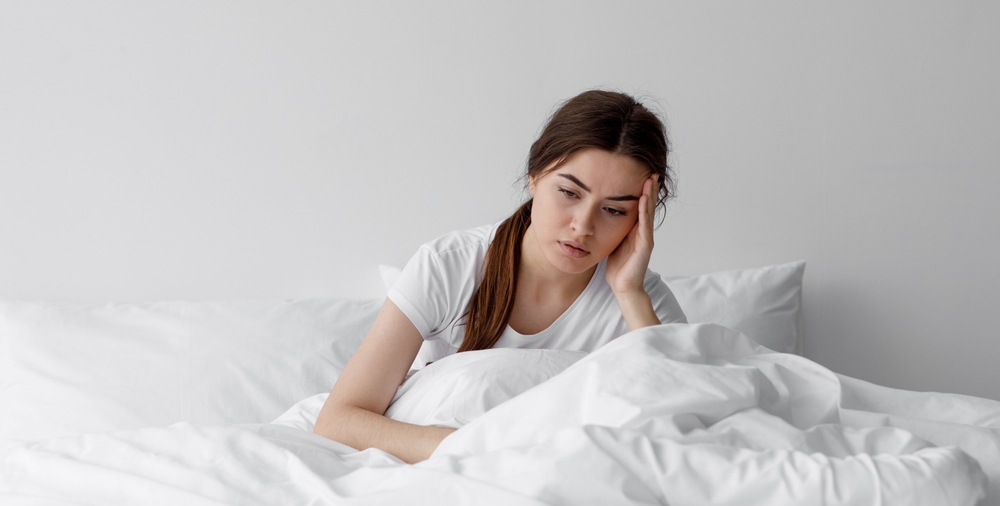
Have you been squinting at a screen lately? You may have noticed that you keep rubbing your eyes more often than usual. Or people are saying that you are more easily irritated these days than you were before. These small signs point to bigger vision issues. Stress and sleep affect the health of your eyes. Understanding this link is key to protecting your vision.
Stress and Its Effects on Your Eyes
When we experience stress, our bodies react in many ways. Stress causes the body to release cortisol. This hormone triggers several bodily changes. In the case of eye health, it can raise the intraocular pressure (IOP) inside the eyes. This pressure can make the eyes feel tired and uncomfortable. If the pressure remains high, it may lead to long-term vision issues. Have you ever felt a twitch in your eyelid? That is a common sign of stress.
Stress also affects tear production. When you are stressed, your body might not produce enough tears. This leads to dry and irritated eyes. Your eyes might develop a gritty feeling. They might also develop soreness or even turn red. Your vision might even become temporarily blurry. This happens because your tear film is not stable. Finding ways to relax is very important for your eyes.
The Role of Sleep in Eye Health
A good night’s rest allows ocular tissues to rejuvenate. Think of sleep as a daily repair session for your body. Sleep helps in the production of healthy tears. This is necessary for keeping the eyes lubricated and comfortable throughout the day. When you don’t get enough sleep, this system will not work correctly. Your eyes will become dry and irritated. They need that overnight recharge just like you do.
Inadequate sleep is not just about feeling tired. Without enough sleep, your eyes might not produce enough tears. This leaves them feeling gritty and uncomfortable. You might also wake up with puffy eyes or dark circles. Your eyes need that closed time to recover from the day’s work. Getting solid sleep is a simple gift to your eyes.
How Sleep Disorders Make It Worse
Conditions like sleep apnea impact the body’s ability to repair itself fully. This includes the eyes. They miss out on the rejuvenation they need to stay healthy. Addressing any sleep-related issues can significantly improve your comfort. Your eyes will benefit too. If you snore loudly or often feel tired, talk to your doctor. Treating a sleep disorder can help your whole body, including your eyes.
The Importance of Good Sleep Hygiene
Try to go to bed at the same time every night. Creating a calm, restful environment in your bedroom also helps. Make sure it’s dark, quiet, and cool. This can help you fall asleep faster. It also helps you sleep more soundly through the night.
Additionally, limit your screen time for at least an hour before bed. The blue light coming from your screens disrupts the body’s natural sleep rhythms. Try reading a book instead. You could also listen to calming music. These activities tell your brain it is time to wind down. Your eyes will appreciate the break from bright screens.
Eye Exams and Nutrition
Going for regular eye exams will help your eyes stay healthy. An optometrist can catch eye strain, myopia, or other conditions. They can find problems before they become serious. Think of an eye exam as a routine checkup for your vision. It is a very important habit for everyone.
Eating the right foods also supports your eyes. Foods that contain vitamins A, C, and E are great for strong vision. Omega-3 fatty acids are also beneficial. You can find these nutrients in carrots, oranges, spinach, and fish like salmon. Drinking a lot of water will keep your eyes hydrated too. A healthy diet fuels your whole body, and your eyes are no exception. Taking small steps to manage stress and improve sleep will make a big difference for your eye health.
For more on eye health, visit Eyes on You, PC, at our office in Portland, Oregon. Call (971) 252-7500 today to book an appointment.
Sources:
https://www.aao.org/eye-health/tips-prevention/anxiety-stress-dry-eye-glaucoma-iop
https://pmc.ncbi.nlm.nih.gov/articles/PMC5972137/












